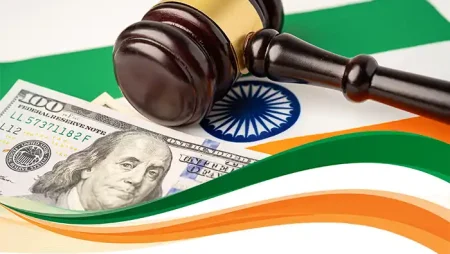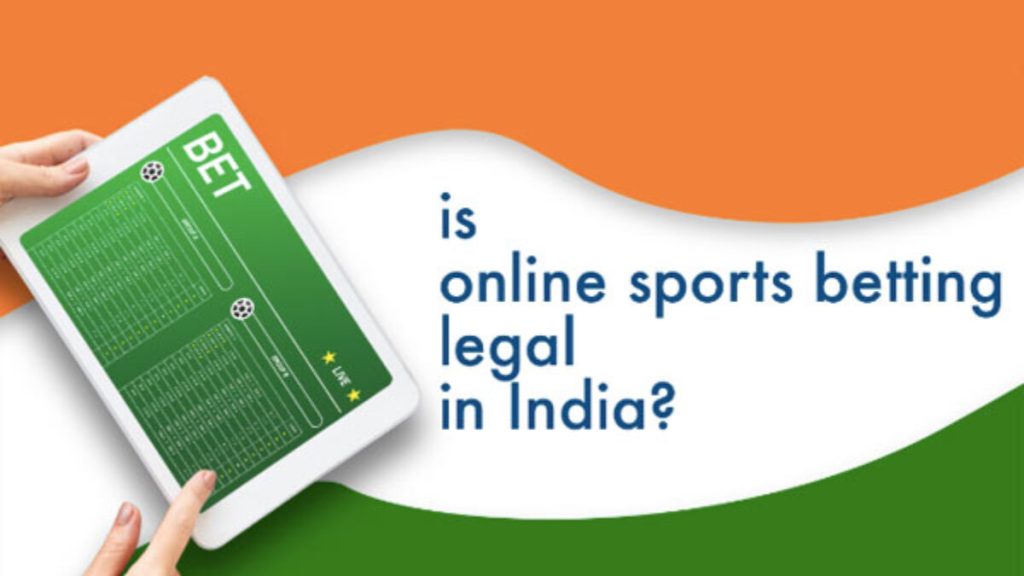

In India, gambling is a complex affair, steeped in cultural nuances, various legal stipulations, and a host of diverse practices that differ from state to state. We delve into this intricate tapestry, to offer you an extensive overview of gambling in India.
A State-by-State Rundown of Gambling Practices
States in India hold the authority to formulate their own gambling laws. For instance, Goa has fully legalised casinos, turning into a gambling hotspot. Yet, in most states, organized betting is largely restricted barring a few exceptions such as lottery and horse racing.
The 21st century has ushered in an era of increased cash bets on prohibited gambling activities in India. Interestingly, Maharashtra leads the nation in supplying online casino players.
We currently have 13 operational casinos in India, located in Goa, Daman, and Sikkim, significantly contributing to the respective state revenues.
The Legal Framework Governing Gambling in India
Gambling laws in India fall under the purview of state jurisdictions. The Public Gambling Act of 1867 is a key piece of legislation that outlaws running or operating a public gambling house. Violators can incur a fine of ₹200 or face up to 3 months in prison.
Moreover, Indian law bifurcates games into two broad categories, namely game of skill and game of chance. According to the Supreme Court of India, Rummy, for instance, is not a game entirely of chance, but a game of skill, predominantly.
Online Gambling Laws in India
Online gambling in India is still in its infancy. The Information Technology Act 2000, the legislative piece that regulates cyber activities in India, doesn't explicitly mention Gambling or Betting. The matter, hence, remains subject to court interpretations.
Only a few states, namely Goa, Daman, and Sikkim, allow online gambling. Nevertheless, Indian casinos can't promote online gambling games such as casinos, sports betting, and bingo. Despite the restriction, offshore casino companies focusing on Indian players aren't deemed illegal, provided they offer Indian Rupees as a payment method.
Calls for Legalisation
In the face of these prohibitive laws, India sees rampant illegal gambling, which is estimated to be worth US$60 billion per year, with half being illegally bet. Some Indian institutions and professionals suggest that regulated and taxed gambling can help extricate the gambling economy from the clutches of the mafia and underground dons.

Gambling Laws and Regulations in India
Understanding Key Legislation
The Public Gambling Act of 1867
This act provides for the punishment of public gambling and the keeping of common gaming houses in India.
The Prize Competition Act of 1955
Enacted in 1955, the Prize Competition Act restricts gambling activities that awarded prizes as winnings, banning any prize competition where the winnings exceed ₹1,000.
The Information Technology Act of 2000
This act regulates cyber activities in India, and interestingly, it doesn't explicitly address gambling or betting. Thus, the interpretation of this document concerning gambling remains at the discretion of the Courts.
In 2022, the Indian government announced plans to introduce a new gaming bill to replace the Public Gambling Act of 1867, indicating potential future changes in the landscape of gambling in India.
Navigating Payment Gateways
One of the major obstacles for sports bettors in India is depositing to foreign bookies. To circumvent these hurdles, savvy internet users have started to use e-wallet services for depositing, which allows funding an online betting account in Rupees, and helps to avoid potential legal issues arising out of F.E.M.A Foreign Exchange law.

Sports Betting in India - Is it Legal
निष्कर्ष
In summary, while the landscape of gambling in India is riddled with numerous legal and cultural intricacies, the future holds potential for change and growth in this sector. This overview is aimed at providing a comprehensive understanding of the current state of affairs, as well as the possible trajectories that gambling in India might take in the coming years.
सामान्य प्रश्न
Is Betting Legal in India?
Betting legality in India is a complex issue due to the different laws governing different states. Some forms of betting, such as horse racing and lotteries, are legal in most states. However, the Public Gambling Act of 1867 prohibits running or being in charge of a public gaming house. Violators can face a fine or imprisonment. Betting on skill-based games, however, is legal, as stated by the Supreme Court of India.
Are Online Betting and Gambling Legal in India?
Online betting and gambling exist in a grey area in Indian law. The Information Technology Act of 2000 regulates cyber activities but doesn't explicitly mention gambling or betting. Thus, the interpretation is subject to court discretion. However, states like Goa, Daman, and Sikkim have legalized online gambling. But, it's essential to note that Indian casinos cannot promote online gambling games.
Is Sports Betting Legal in India?
Sports betting is not broadly legal in India. Horse racing is an exception as it's considered a game of skill rather than chance. However, many sports enthusiasts have called for the legalization and regulation of sports betting due to its rampant occurrence despite prohibitions.
Are There Any Legal Online Betting Sites in India?
Yes, there are legal online betting sites in India. These are mostly operated by offshore companies focusing on Indian players. It's legal for them to offer services to Indian players, provided they offer Indian Rupees as a payment method. However, any site operating within India must adhere to the laws of the respective state in which it operates.